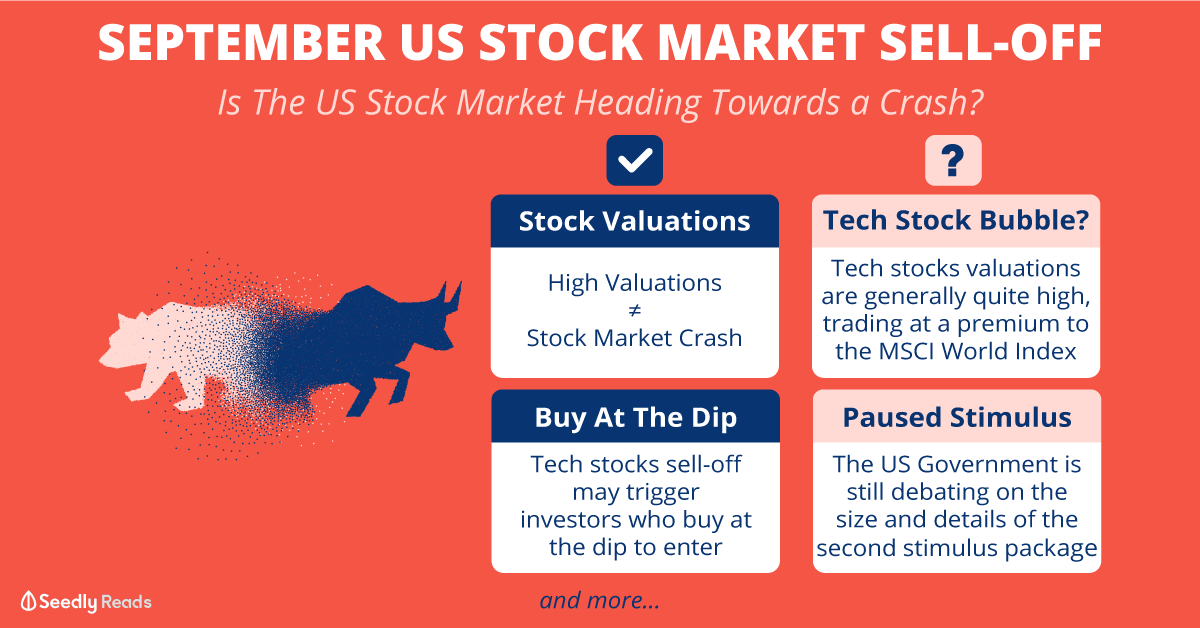Advertisement
As Endowus funds have a high allocation to US stocks with the base currency in USD, how will the fund perform in the case of a depreciation of USD in the next few years?
3
Discussion (3)
Learn how to style your text
Samuel Rhee
26 Aug 2020
Chief Investment Officer at Endowus
Reply
Save
Hey, from my understanding, when a company is listed in US exchange, it doesn't mean it will fully affected by USD depreciation.
Example Alibaba listed in US but bulk of their business in China/RMB. Result will be reported in USD but the depreciation will not affect it.
For other companies like Google/Apple, they have huge bulk of their business in other regions out of US. The effect will be lesser.
That said, do note that how USD spiked during march crash. If there is another crash soon, having USD in portfolio might not be a bad thing.
Reply
Save
Write your thoughts
Related Articles
Related Posts
Related Products

Endowus
4.7
658 Reviews
Endowus Cash Investments Portfolio
Equities, Bonds
INSTRUMENTS
0.25% to 0.60%
ANNUAL MANAGEMENT FEE
$1,000
MINIMUM INVESTMENT
N/A
EXPECTED ANNUAL RETURN
Web and Mobile App
PLATFORMS
Related Posts
Advertisement









As Chuan shared below, FX exposure is a multi-faceted thing. There is 1) the first order effect of the USD in underlying stocks that are denominated in USD, 2) then there are underlying revenues at the company level - its underlying business - which may or may not be hedged, 3) then there is a translation effect at the fund level where the fund is domiciled and what currency it is denominated in, will determine an additional currency effect. So for a US allocation in Endwous, they will all be translated back to SGD. For fixed income all our fund managers would do a SGD-hedge. if you combine all of this the bottom line is that Endowus has a very passive exposure to USD as it should as a passive strategic asset allocator. We do not take an active view and have a position about the USD. We think what is more important is to match your asset allocation currency for bother your Asset (in SGD) with Liabilities (in SGD). We do that as much as it is possible by hedging the FX in fixed income and translating equities back to SGD on a daily NAV basis, which is the best method we can have as a passive strategic asset allocator. Nobody else in Singapore actively manages their currency exposure and it is virtually impossible to do so or it will be too costly to do so as an individual investor.